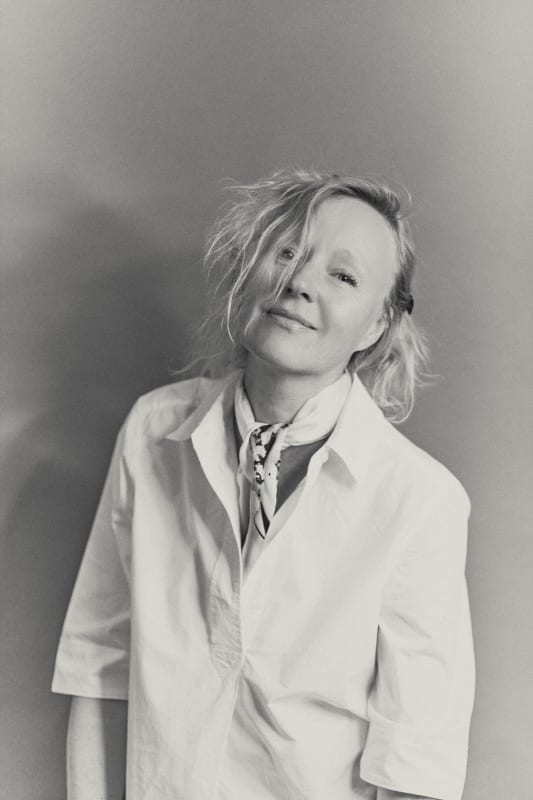"When you disguise ugliness with beauty it enters the mind through another door."
Thirza Schaap
At first glance, Thirza Schaap’s photographs of her carefully constructed still life arrangements and sculptures have a delicate, almost painterly beauty. But as the viewer looks closer, they come to realise that what looks so aesthetically appealing at first is in fact made of plastic waste collected from the beach. The creating of mixed, even conflicting feelings in the viewer is intentional here: Schaap lets beauty and repulsion clash, a repulsion that comes with the realization of the tragedy that plastic waste causes.
Through her project Plastic Ocean, Dutch artist Thirza Schaap explores our evolving relationship with plastic and its damaging impact und our planet. Inspired by classical still life paintings, she replaces traditional symbols of wealth and permanence - silverware, china, and glassware - with disposable cutlery and single-use plastic bottles. “Simply documenting the washed-up plastic on the beach didn’t do justice to the beauty of its colors and textures,” she explains. “By isolating the objects in my studio, I strip them of their original context, turning them into stand-alone elements that form the foundation of my compositions.”
Born in 1976, Schaap graduated from the Royal Academy of Art in The Hague in 1996 and has since worked as a photographer and artist. After she first shared her work from the Plastic Ocean project on Instagram, her images were soon featured by I-D VICE magazine in 2017, followed by publications such as L’Officiel, Elle, Vogue, and Aperture. Her collection was included in Finders Keepers at Het Nieuwe Instituut in Rotterdam. She has exhibited globally, including a solo show at Christie’s Amsterdam in 2018 and sculpture exhibitions in Maastricht and Cape Town in collaboration with Greenpeace Africa.
Schaap has been living and working in both Amsterdam and Cape Town since 2013, and beyond photography, she is also a painter – with the same message. Her figurative, geometric works express her ecological grief, questioning consumerism and idolatry. Through metaphorical symbols and timeless figures, she continues to challenge perceptions of value and sustainability in today’s world. She continues to explore new artistic forms through Plastic Ocean, too, which has since evolved into a published book with 1605 Publishers.

